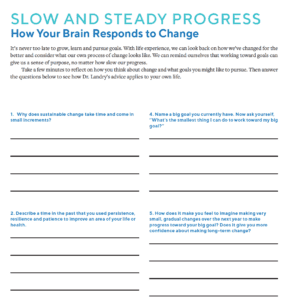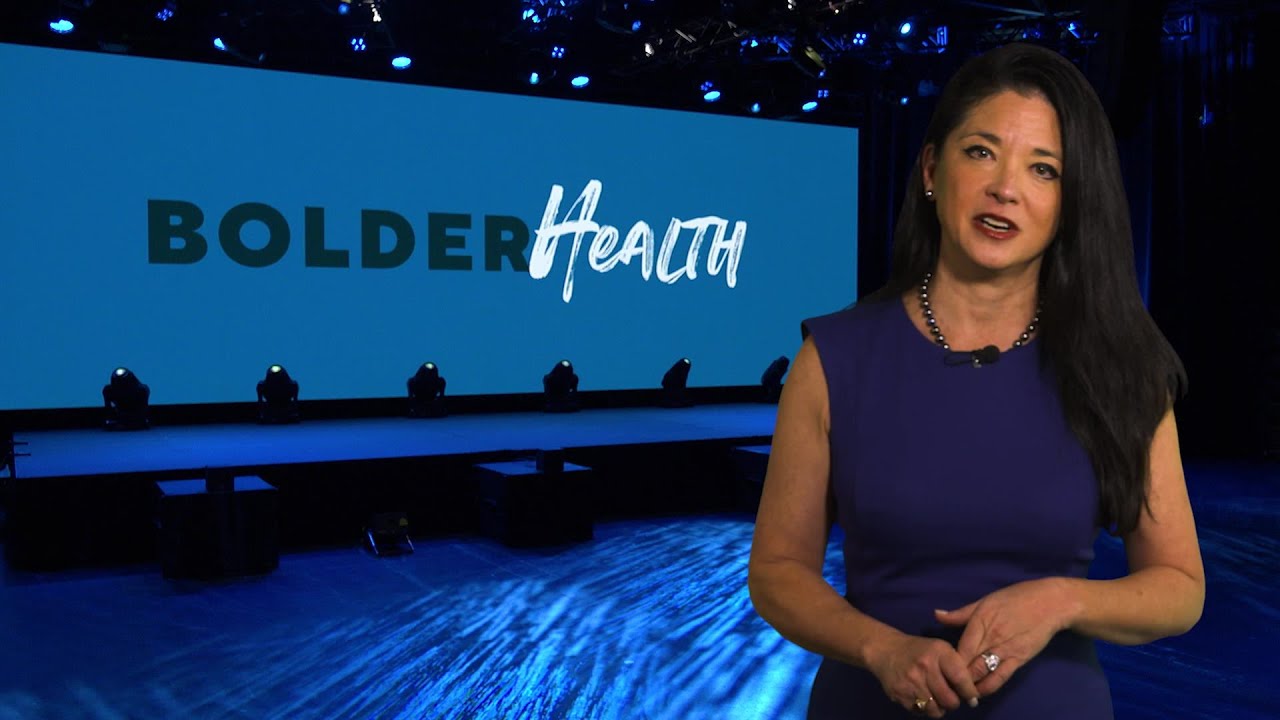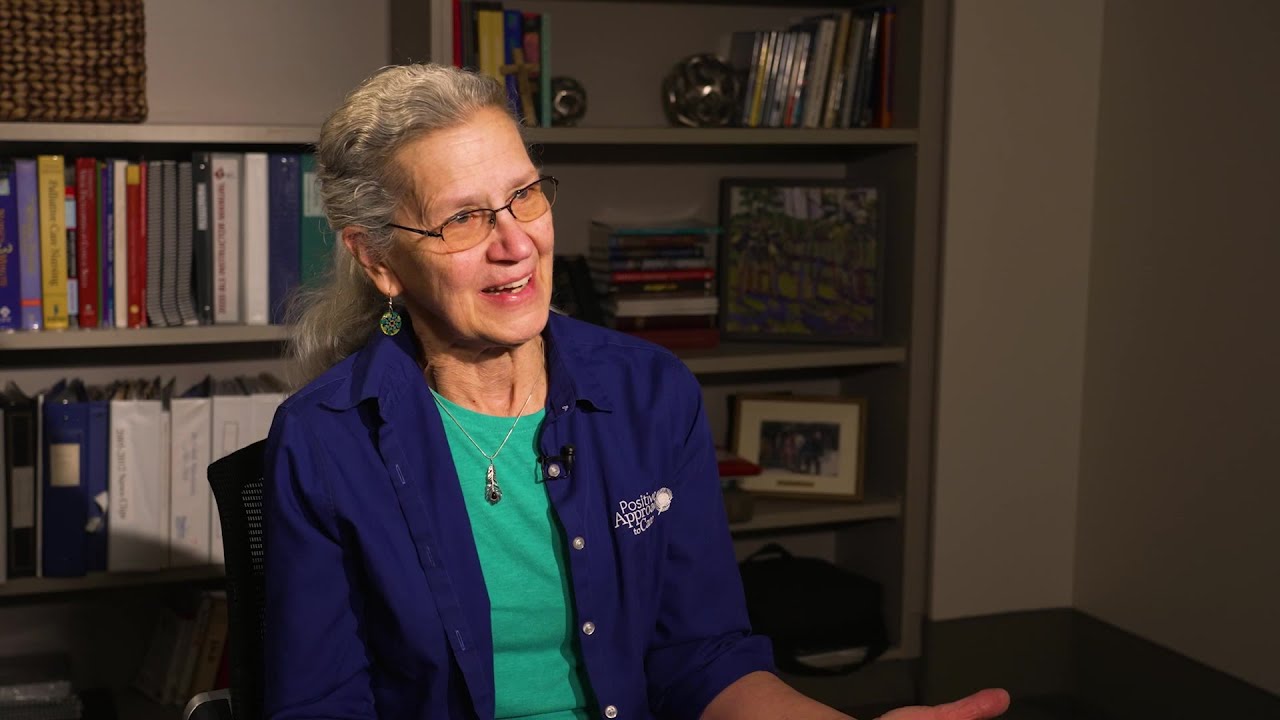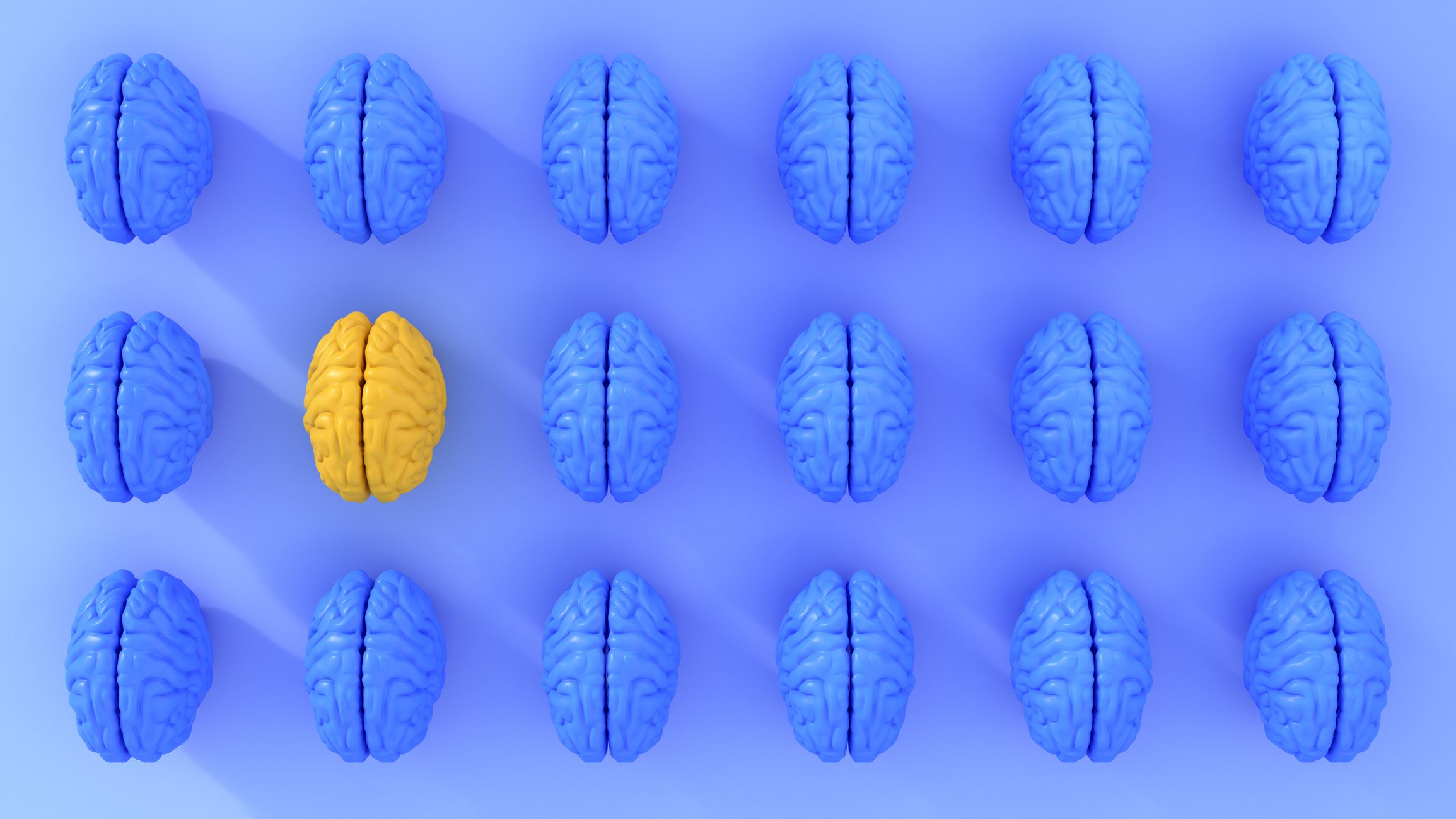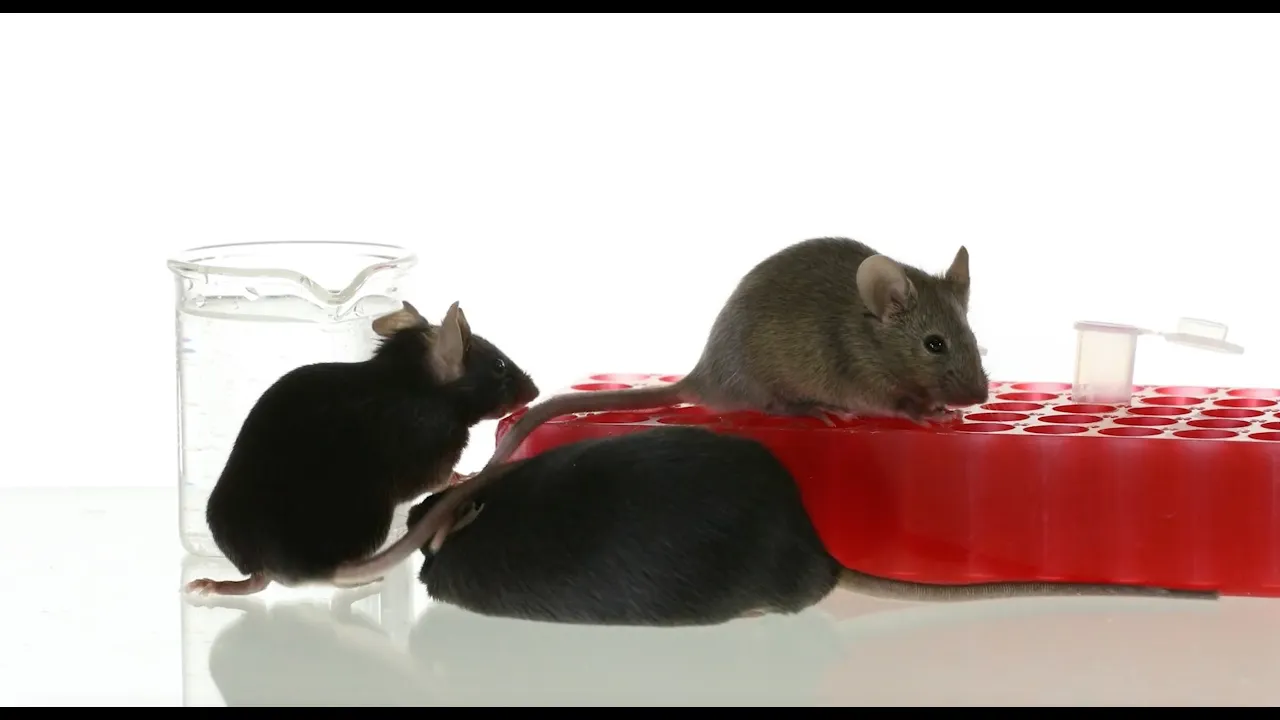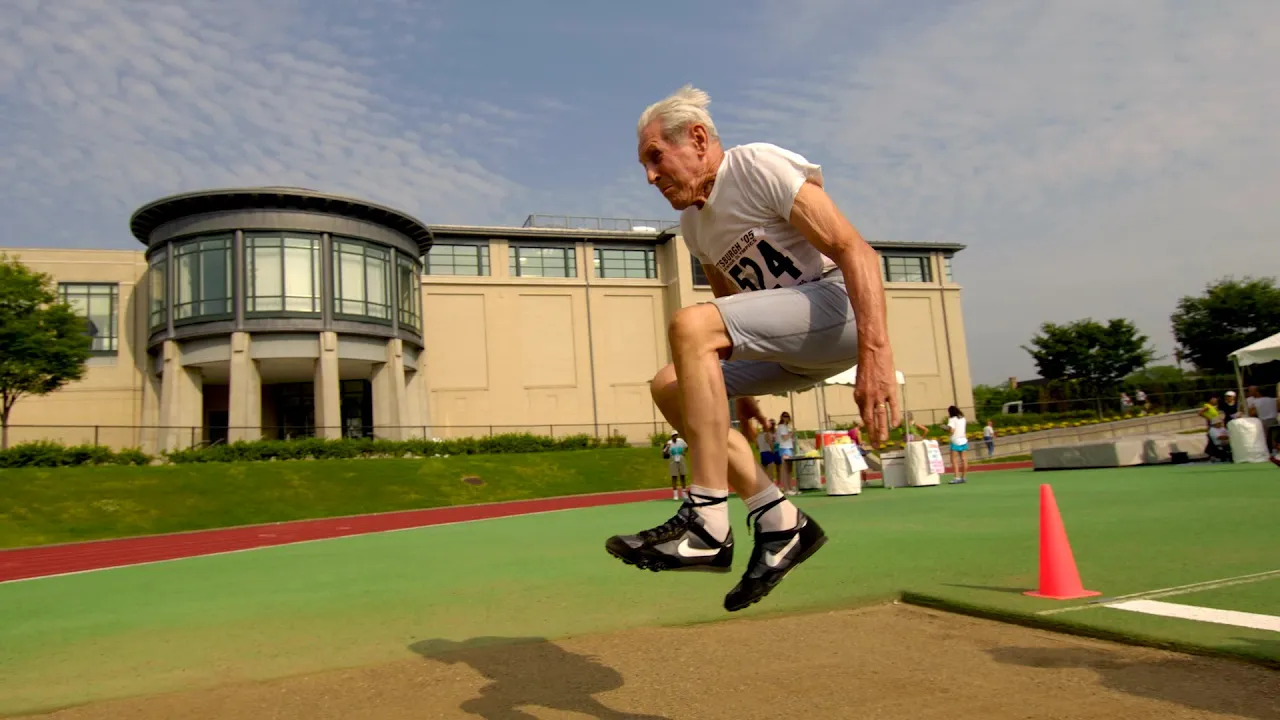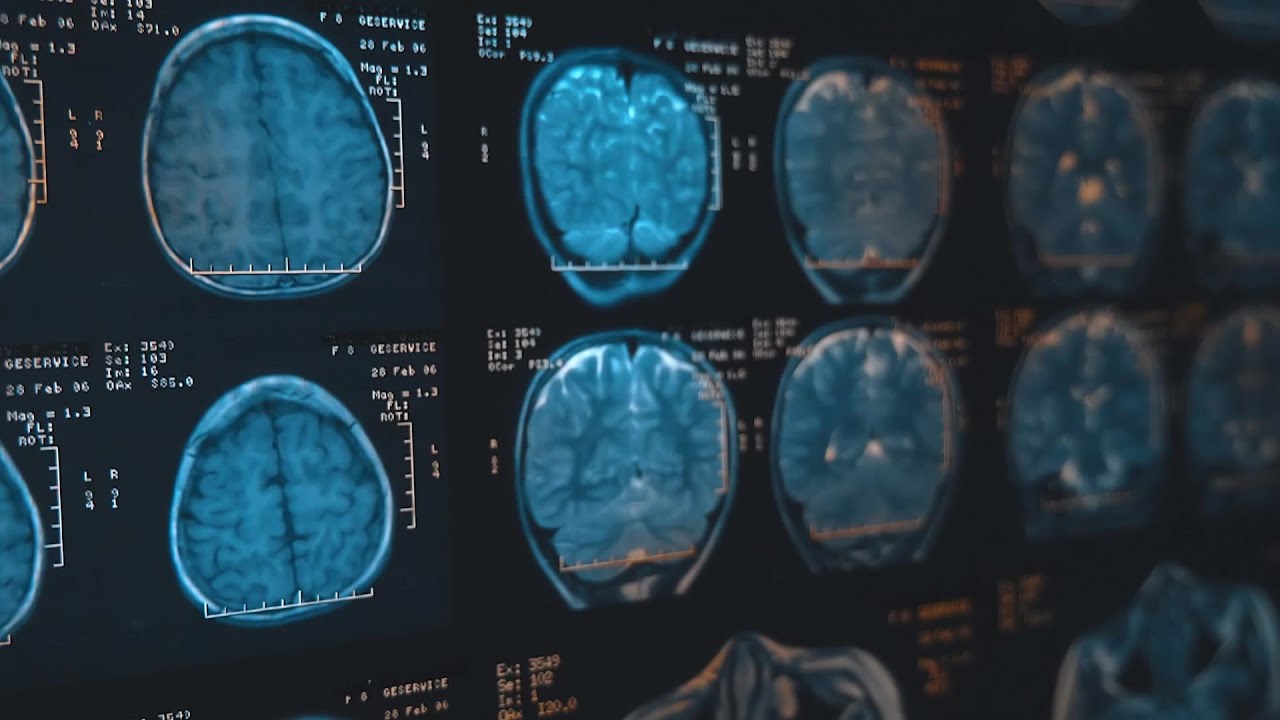OK, you know that your lifestyle is the big player in how the next chapter of your life will turn out: how much you move, keep learning, stay connected and have meaning and purpose. And you also know that you’re a little light in one or two of those areas. So, you’re going to put on the “Rocky” music and fix that — and fix it right now!
Whoa there! Let’s first forget about the grand gesture. Forget about being able to brag about losing 57 pounds in two months, or running a marathon backward or learning Chinese by the end of the year. You should forget these ideas because the odds are heavily against you ever doing any of them. You know that. Your New Year’s resolutions have never made it much past February, right? Any attempted major change in lifestyle, from losing weight, or getting in shape or being kinder to everyone, has eluded you. And you’re beginning to think you’re a slacker or it’s just too late for you to make changes.
Flash! You’re not much different from most of us, and it’s NEVER TOO LATE (or too early) to grow. So, if that’s true, then how are you going to make the changes that will help you to grow and be healthier well into your longevity?
Nice try but no cigar
I applaud any motivation to change — to keep growing, to be healthy. I even applaud the flashy, heavy lifting, burn-it-at-both-ends type of change. It’s commendable, although it’s most likely not sustainable. What I don’t applaud is the unwillingness to do the real work, to go the distance and to understand that any durable change takes time and comes in small increments.
The reason for that is a complex brain mechanism. But basically, large change sparks a reaction in the amygdala part of the brain, setting off a fear response, which affects the body and stacks the deck against us making and sustaining change. Hence, our New Year’s resolutions are often debacles. So, what to do?
No Fear
Be the Tortoise. You know, the one who beats the hare to the finish line? The one who gets the job done by persistence, resilience, patience and small steps? The Japanese call this approach to change KAIZEN™, and it works. By making manageable, small-bite goals, there’s no fear response triggered, and you can steadily get closer to where you want to be. Achieving these small goals won’t be something you’ll be able to brag about, at least not in the short term; but it’s pretty much the only way to make a change that will last.
If you want to lose weight, and you only eat broccoli, you’ll lose weight all right; but I’m sure broccoli will start looking like garbage before long, and you’ll be back to the chips. We usually begin to dread changes that require immediate major adjustments in our lives and look for any reason not to do it. Changes that we cannot sustain for long periods also won’t be incorporated into our lifestyle and will fall by the wayside, victims to a “I-don’t-have-the-time” mentality.
Instead, ask yourself, “What’s the smallest thing I can do to work toward my big goal?” If the big goal is to lose 30 pounds, then the answer may be to take 100 more steps a day. That is the goal. When you’re doing that regularly, then make a new goal, such as adding more steps or eating only until you’re only 80 percent full. Be patient. Don’t be seduced by the need to be a hero — or a hare. This way you cannot fail. If you don’t make the next goal, just make it less of a giant step and reset your pace. Your brain and body will smile at you, and you will grow and change and have a new healthier lifestyle.
Never Act Your Age
Many of your friends and family may tell you that you cannot teach an old dog new tricks. They may question why you should bother to change at this stage of life. Let your heart, your passion and your spirit be in charge, not a number. It’s never too late to make changes that will help you stay all you can be for as long as possible. Enjoy the ride! A friend of mine once told me that if you’re heading in one direction and you make a one-degree course correction, you will eventually end up in a place quite a ways away from where you would have been. No matter what your age, make the one-degree change that will improve your life.



